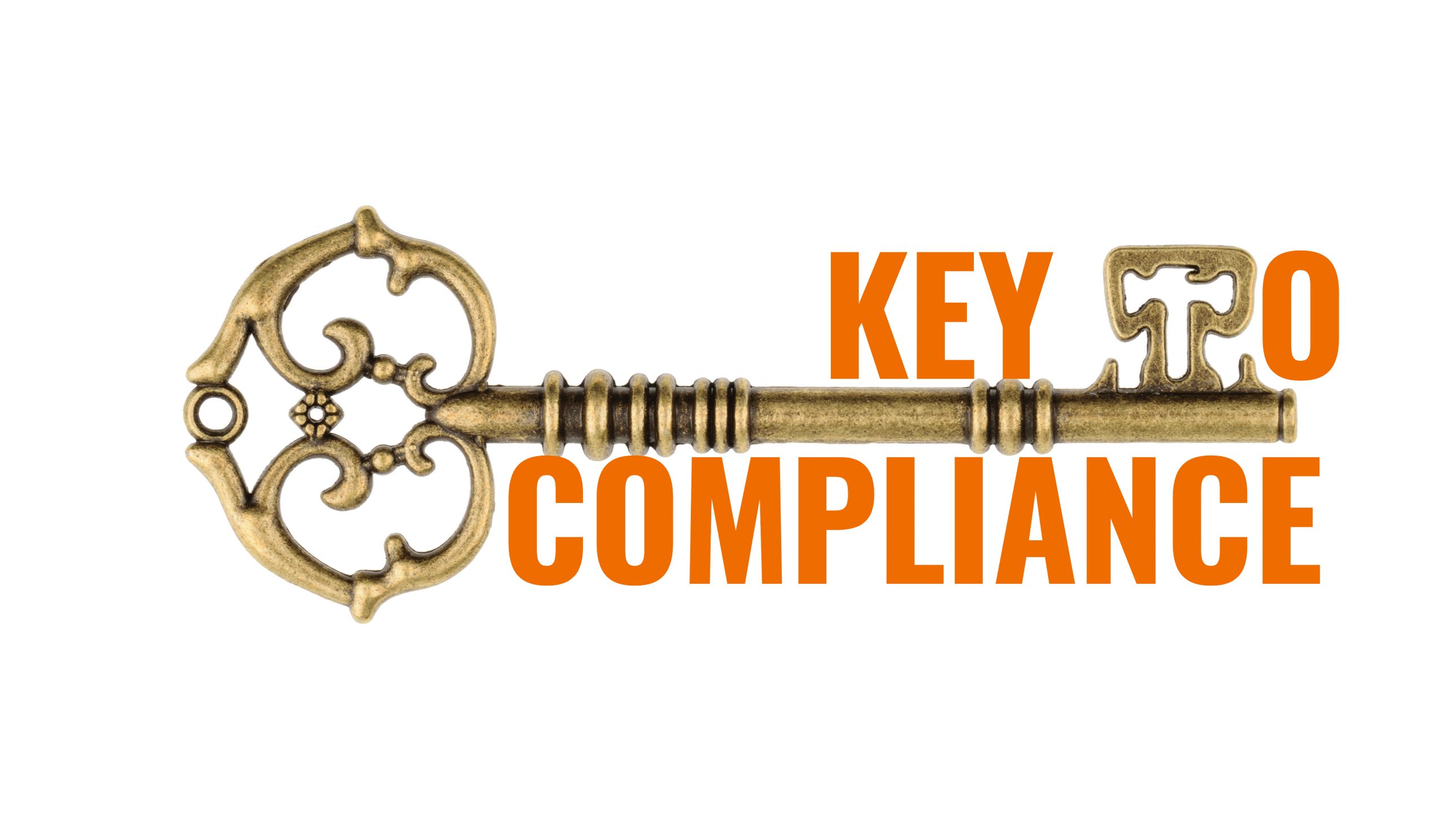How to Create a Data Governance Framework for Data Integrity
Data Governance provides a framework for dealing with the challenges around data compliance and regulation which aids in the management of the availability, usability, integrity, quality, consistency, and security of the data employed in an enterprise and helps organizations meet compliancy with legislative laws, regulations, and mandates. Data Governance Framework Organization : It requires representative participation Read more about How to Create a Data Governance Framework for Data Integrity[…]
